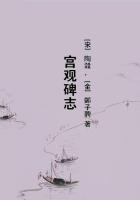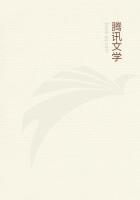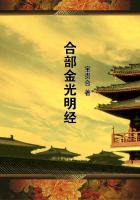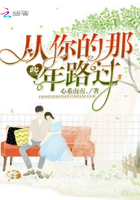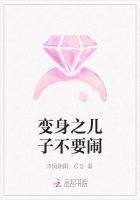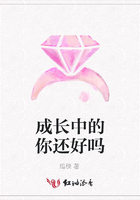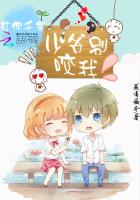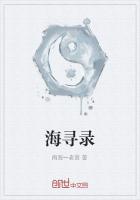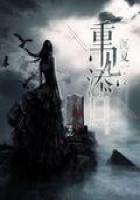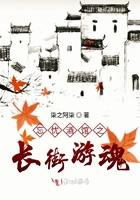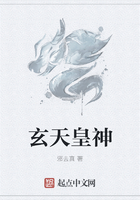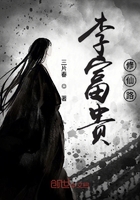And now we have to determine the question which has been already raised, whether children should be themselves taught to sing and play or not. Clearly there is a considerable difference made in the character by the actual practice of the art. It is difficult, if not impossible, for those who do not perform to be good judges of the performance of others. Besides, children should have something to do, and the rattle of Archytas, which people give to their children in order to amuse them and prevent them from breaking anything in the house, was a capital invention, for a young thing cannot be quiet. The rattle is a toy suited to the infant mind, and education is a rattle or toy for children of a larger growth. We conclude then that they should be taught music in such a way as to become not only critics but performers.
The question what is or is not suitable for different ages may be easily answered; nor is there any difficulty in meeting the objection of those who say that the study of music is vulgar. We reply (1) in the first place, that they who are to be judges must also be performers, and that they should begin to practice early, although when they are older they may be spared the execution; they must have learned to appreciate what is good and to delight in it, thanks to the knowledge which they acquired in their youth. As to (2) the vulgarizing effect which music is supposed to exercise, this is a question which we shall have no difficulty in determining, when we have considered to what extent freemen who are being trained to political virtue should pursue the art, what melodies and what rhythms they should be allowed to use, and what instruments should be employed in teaching them to play; for even the instrument makes a difference. The answer to the objection turns upon these distinctions; for it is quite possible that certain methods of teaching and learning music do really have a degrading effect. It is evident then that the learning of music ought not to impede the business of riper years, or to degrade the body or render it unfit for civil or military training, whether for bodily exercises at the time or for later studies.
The right measure will be attained if students of music stop short of the arts which are practiced in professional contests, and do not seek to acquire those fantastic marvels of execution which are now the fashion in such contests, and from these have passed into education.
Let the young practice even such music as we have prescribed, only until they are able to feel delight in noble melodies and rhythms, and not merely in that common part of music in which every slave or child and even some animals find pleasure.
From these principles we may also infer what instruments should be used. The flute, or any other instrument which requires great skill, as for example the harp, ought not to be admitted into education, but only such as will make intelligent students of music or of the other parts of education. Besides, the flute is not an instrument which is expressive of moral character; it is too exciting. The proper time for using it is when the performance aims not at instruction, but at the relief of the passions. And there is a further objection; the impediment which the flute presents to the use of the voice detracts from its educational value. The ancients therefore were right in forbidding the flute to youths and freemen, although they had once allowed it. For when their wealth gave them a greater inclination to leisure, and they had loftier notions of excellence, being also elated with their success, both before and after the Persian War, with more zeal than discernment they pursued every kind of knowledge, and so they introduced the flute into education. At Lacedaemon there was a choragus who led the chorus with a flute, and at Athens the instrument became so popular that most freemen could play upon it. The popularity is shown by the tablet which Thrasippus dedicated when he furnished the chorus to Ecphantides. Later experience enabled men to judge what was or was not really conducive to virtue, and they rejected both the flute and several other old-fashioned instruments, such as the Lydian harp, the many-stringed lyre, the 'heptagon,' '********,'
'sambuca,' the like- which are intended only to give pleasure to the hearer, and require extraordinary skill of hand. There is a meaning also in the myth of the ancients, which tells how Athene invented the flute and then threw it away. It was not a bad idea of theirs, that the Goddess disliked the instrument because it made the face ugly; but with still more reason may we say that she rejected it because the acquirement of flute-playing contributes nothing to the mind, since to Athene we ascribe both knowledge and art.
Thus then we reject the professional instruments and also the professional mode of education in music (and by professional we mean that which is adopted in contests), for in this the performer practices the art, not for the sake of his own improvement, but in order to give pleasure, and that of a vulgar sort, to his hearers. For this reason the execution of such music is not the part of a freeman but of a paid performer, and the result is that the performers are vulgarized, for the end at which they aim is bad. The vulgarity of the spectator tends to lower the character of the music and therefore of the performers; they look to him- he makes them what they are, and fashions even their bodies by the movements which he expects them to exhibit.

